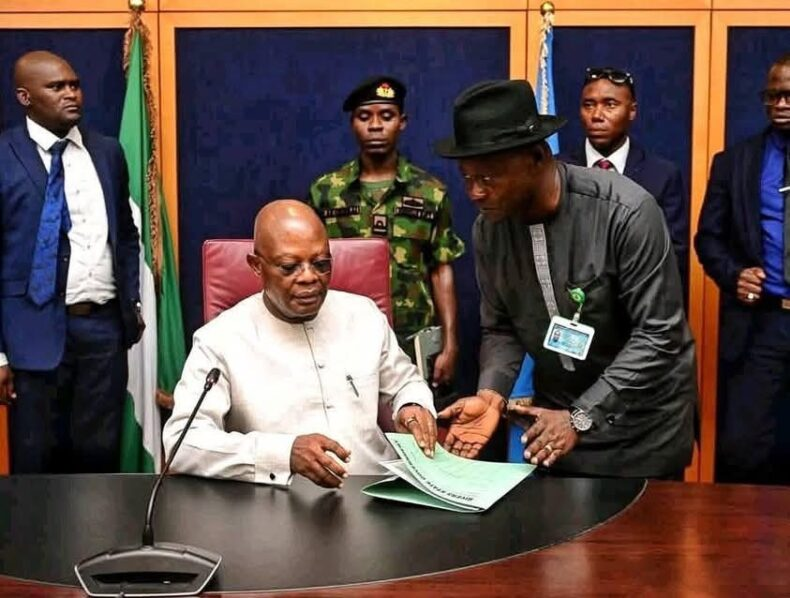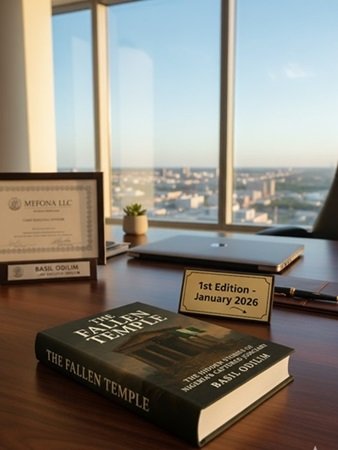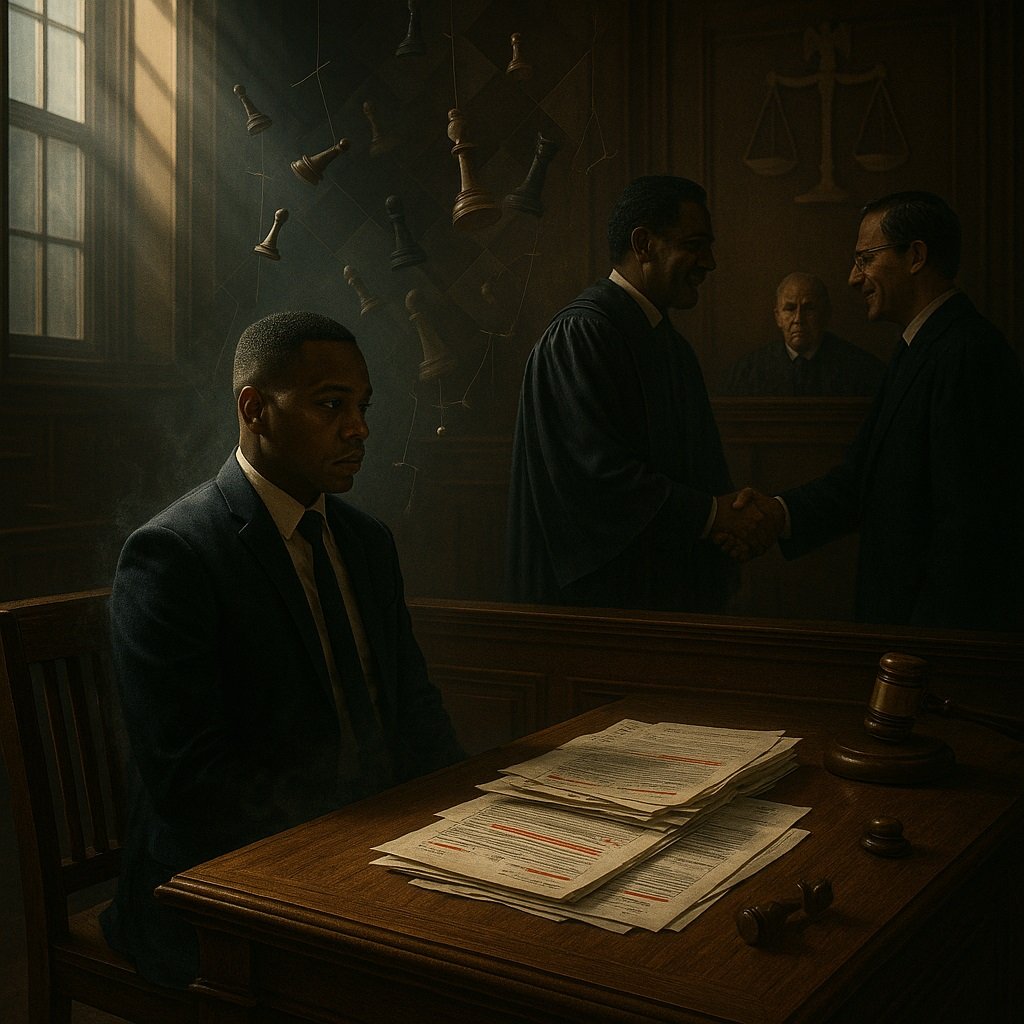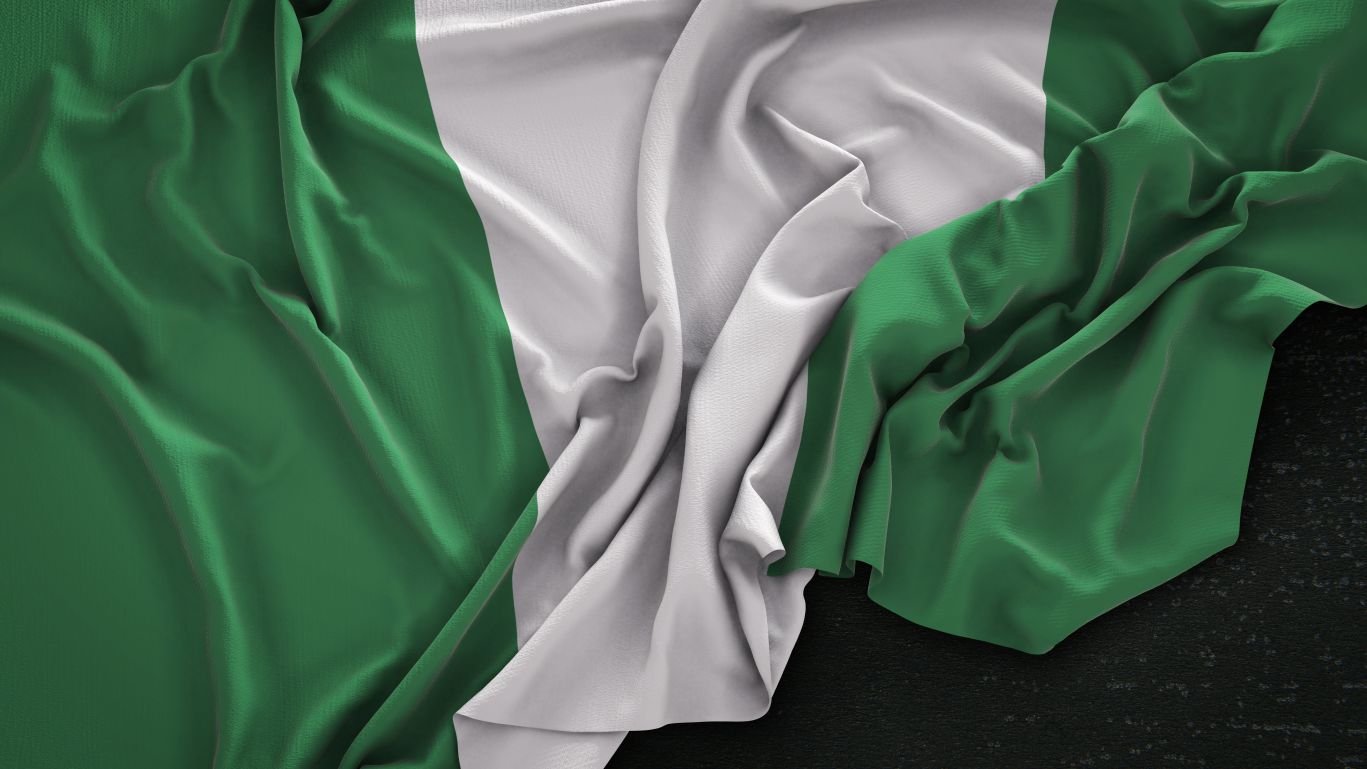The Judiciary is under Siege: Let the Cleanups Begin
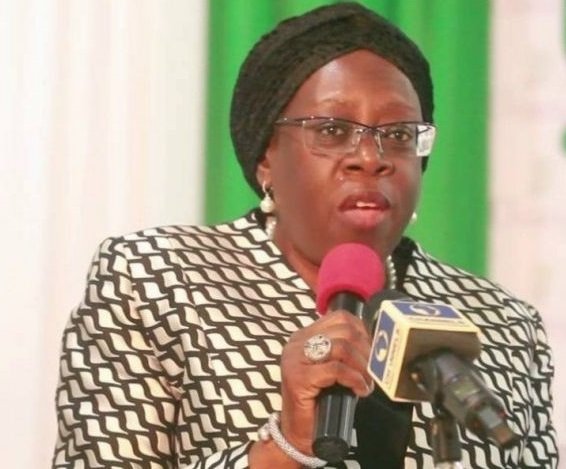
- PublishedFebruary 13, 2025
Basil Odilim
A friend recently advised me to walk away from this battle. He reminded me that the judiciary is the most dangerous institution to challenge—an arena where those who dare to demand accountability are not just resisted but systematically crushed. “No sane person fights a system that holds the keys to life and death,” he said. And I asked myself: If we all walk away, who will confront the system? Who will push for even the simplest reforms? What if this is a responsibility placed upon me by my Creator, and I choose to abandon it out of fear?
There is no dispute—of all Nigeria’s corrupt institutions, none is as perilous to challenge as the judiciary. Unlike politicians, who must eventually answer to voters, or security forces, whose actions are visible to the public, the judiciary operates with unchecked power behind closed doors. A single ruling can bankrupt an individual, strip them of their rights, or remove them from society—all in the name of the law. It is precisely this ability to weaponize legality that makes the judiciary untouchable. It does not need guns, assassins, or thugs to enforce its will. It can manufacture charges, deny bail, and bury cases in legal technicalities until even the strongest reformer is worn down. It can drag a person into an endless legal maze where time, resources, and hope are methodically drained.
And yet, for all its power, there is one force greater than the judiciary—*God.* No judge, no courtroom, no legal maneuvering can override divine justice. History is filled with examples of corrupt systems that seemed untouchable but eventually collapsed under the weight of their own arrogance. Those who believe they are beyond accountability often forget that power, when abused, is never permanent. The perception of invincibility is a dangerous illusion that has deceived rulers and institutions throughout history, only for them to crumble under the weight of their own excesses.
Great nations became strong not because their judiciaries remained above scrutiny, but because they embraced reform, ensuring that no individual or institution was beyond the reach of the law. South Africa’s transformation after apartheid would have been impossible without Nelson Mandela’s insistence on judicial independence and accountability. The United States, once plagued by judicial corruption and politically compromised courts, took decisive steps during the leadership of Abraham Lincoln and later Franklin D. Roosevelt to ensure that the judiciary served justice rather than entrenched interests. Britain, France, and India have all built strong legal systems by instituting reforms that guarantee transparency, judicial independence, and public accountability. These nations are not perfect, but their commitment to the rule of law has made it impossible for judges to act as unchecked monarchs over the fate of ordinary citizens.
If Nigeria is to join the ranks of great nations, we must begin by ensuring judicial transparency. Let courtrooms be fitted with CCTV cameras and live-streaming services. Let justice be seen in real time. Let the public witness what happens in their own courts. If the judiciary truly serves the people, it should have no reason to resist such a measure. In many parts of the world, court proceedings are public, and transparency is a fundamental part of justice. If Nigerian judges genuinely have nothing to hide, why should they oppose the cameras? Why should legal proceedings, which decide the fate of individuals and entire communities, be shielded from public view? The refusal to embrace transparency is itself an indictment.
The Chief Justice of Nigeria has made a powerful statement by acknowledging that “the perception of bias can be as damaging as actual bias.” This declaration, if backed by genuine action, could mark the beginning of a long-overdue judicial reform in Nigeria. The judiciary should not be a sanctuary for corruption, where justice is sold to the highest bidder and manipulated through secretive alliances rather than the rule of law. For far too long, certain lawyers have exploited loopholes, manipulated technicalities, and wielded undue influence to secure favorable rulings. Some of these so-called “untouchable” attorneys do not rely on legal brilliance but on their memberships in secret societies like Freemasonry and Ogboni, using these affiliations to intimidate judges and fellow lawyers. This is nothing short of judicial fraud—an orchestrated corruption that erodes public confidence in the legal system and makes a mockery of democracy.
If the Chief Justice is truly committed to judicial transparency, she has the power to end this era of legal manipulation. But she cannot do it alone. The Nigerian Bar Association, under the leadership of Afam Osigwe, SAN, must take decisive action to rid the profession of these unethical practices. Lawyers who win cases not by legal merit but through backdoor dealings must be held accountable. The NBA must set a new standard—one where no lawyer, no matter how well-connected, is above professional ethics and the rule of law.
Nigerians have been conditioned to fear the judiciary, and rightfully so. The system has shown time and again that it will silence, punish, or exile those who dare to question it. But fear alone cannot be the reason for inaction. If those who understand the system remain silent, who will speak? If those with the knowledge and courage to demand reform choose self-preservation over responsibility, what hope remains for the powerless?
This fight is not about tearing down the judiciary. It is about ensuring that it serves the people rather than itself. A justice system that thrives in secrecy cannot be trusted. A judiciary that resists scrutiny has something to hide. Nigeria does not lack the capacity for reform; it lacks the will. Every great nation that upholds the rule of law today once stood at the crossroads of justice and corruption. They chose reform, no matter how difficult, because they knew that no democracy can survive without a judiciary that is truly accountable to the people.
Ultimately, only God is more powerful than the judiciary. If this is a battle I am meant to walk away from, then so be it. But if my Creator has placed this responsibility before me, then I trust that He will also provide the wisdom and protection to navigate it. This is not a war of weapons. It is a war of truth. And in such a war, only those who hide in darkness have something to fear. Let justice be seen. Let Nigerians witness their own trials. If the judiciary truly serves the people, it should have nothing to hide.
The Chief Justice of Nigeria has a historic opportunity to reform the judiciary and restore public trust. Let us pray for wisdom and courage to guide these reforms so that, for the first time in Nigeria’s history, justice will truly be blind.

